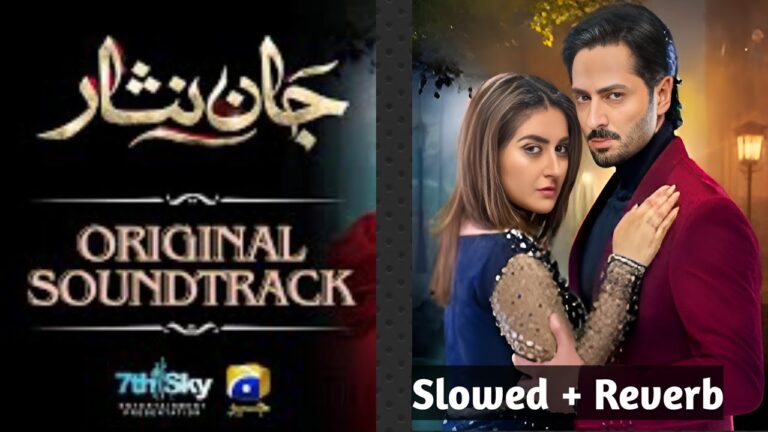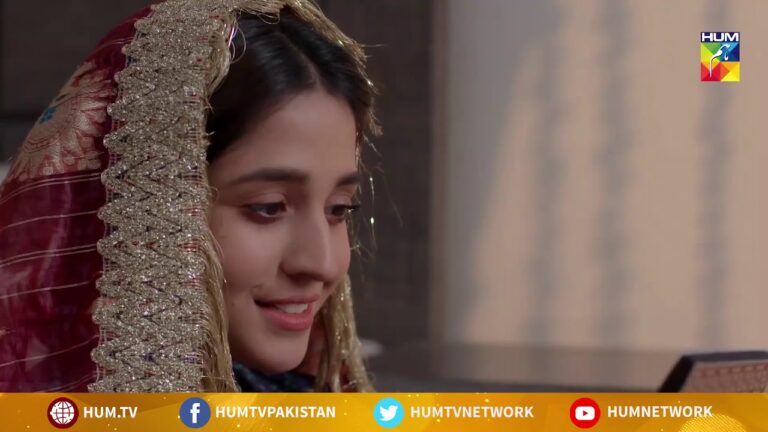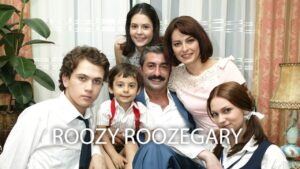That’s My Life Drama Review: “That’s My Life” (original title: “O Hayat Benim”) is a Turkish drama series that aired from 2014 to 2017. The series captivated audiences with its intricate plot, rich character development, and exploration of themes such as identity, family secrets, betrayal, and redemption. Created by Gül Oğuz, the drama stars Ezgi Asaroğlu, Ceren Moray, Keremcem, and Oya Başar, among others. With its dramatic twists and emotional depth, “That’s My Life” offers a compelling narrative that delves into the complexities of human relationships and societal expectations.
Plot Overview
The story revolves around Bahar, a young woman raised in a humble household, unaware that she is the long-lost daughter of a wealthy family. Her life takes a dramatic turn when she discovers her true identity and becomes entangled in a web of lies, secrets, and power struggles.
Bahar’s biological parents, Mehmet Emir and Hasret, were separated due to family machinations. Bahar was raised by Ilyas and Nuran, who adopted her under the pretense of being her real parents. Nuran, driven by greed and jealousy, conceals Bahar’s true identity, ensuring that she grows up in poverty.
As Bahar uncovers the truth, she is thrust into a world of wealth and luxury, where she must navigate complex family dynamics and the machinations of those who seek to control her fate. Alongside her journey of self-discovery, Bahar finds love, faces betrayal, and strives to reclaim her rightful place in the world.
Themes and Cultural Context
“That’s My Life” explores several themes that resonate deeply with its audience, including identity, family secrets, the impact of betrayal, and the quest for redemption.
- Identity and Self-Discovery: At the heart of the series is Bahar’s journey of self-discovery. Her struggle to reconcile her humble upbringing with her newfound identity as the daughter of a wealthy family highlights the theme of identity. The series explores how Bahar’s sense of self evolves as she uncovers the truth about her past.
- Family Secrets and Betrayal: The series delves into the devastating impact of family secrets and betrayal. Nuran’s deception and the secrets kept by Mehmet Emir and Hasret shape the lives of Bahar and those around her. The series portrays the emotional toll of these secrets and the consequences of betrayal on familial relationships.
- Redemption and Forgiveness: “That’s My Life” also examines the themes of redemption and forgiveness. As characters grapple with their past actions and seek forgiveness, the series highlights the possibility of redemption. Bahar’s journey is one of overcoming adversity and finding forgiveness, both for herself and for those who wronged her.
- Social Class and Power Dynamics: The series portrays the stark contrast between wealth and poverty, emphasizing the impact of social class on individual lives. Bahar’s transition from a life of poverty to one of wealth underscores the power dynamics at play and the challenges of navigating different social worlds.
Character Analysis
- Bahar: Portrayed by Ezgi Asaroğlu, Bahar is the protagonist whose journey of self-discovery drives the narrative. Asaroğlu’s performance captures Bahar’s resilience, determination, and vulnerability. Bahar’s character embodies the themes of identity, redemption, and the quest for truth.
- Nuran: Yeşim Ceren Bozoğlu plays Nuran, Bahar’s adoptive mother, whose greed and jealousy set the stage for much of the series’ conflict. Nuran’s character is complex, embodying both the protective instincts of a mother and the destructive power of jealousy. Bozoğlu’s portrayal adds depth to Nuran’s character, making her both a villain and a tragic figure.
- Mehmet Emir: Sinan Albayrak’s Mehmet Emir is Bahar’s biological father, whose past decisions and secrets profoundly impact the storyline. His character’s journey towards reconciliation and redemption is a central theme of the series.
- Hasret: Played by İclal Aydın, Hasret is Bahar’s biological mother, who faces the emotional turmoil of being separated from her daughter. Aydın’s portrayal of Hasret captures the pain and longing of a mother’s love, adding emotional depth to the series.
- Ateş: Keremcem plays Ateş, Bahar’s love interest, whose support and love play a crucial role in her journey. Ateş’s character provides a sense of stability and hope, embodying themes of loyalty and unconditional love.
- Efsun: Ceren Moray’s Efsun is Bahar’s adoptive sister and a key antagonist. Efsun’s jealousy and ambition drive much of the series’ conflict. Moray’s performance captures the complexity of Efsun’s character, making her a compelling and multifaceted antagonist.
Visual and Cultural Representation
Set in Istanbul, “That’s My Life” utilizes its locations to enhance the narrative. The series contrasts the modest neighborhood where Bahar is raised with the luxurious settings associated with her biological family. This visual contrast underscores the theme of social class and the stark differences between wealth and poverty.
The cinematography of “That’s My Life” is notable for its use of vibrant colors and dramatic lighting to reflect the emotional intensity of key scenes. The visual storytelling complements the narrative, with the use of close-ups and sweeping shots capturing the characters’ emotional states and the grandeur of their surroundings.
Cultural elements are woven throughout the series, showcasing Turkish customs, family dynamics, and societal norms. The depiction of traditional family values, social hierarchies, and the importance of honor and reputation provide a rich cultural context that grounds the drama in a relatable setting.
Social Impact and Reception
“That’s My Life” received widespread acclaim for its engaging storyline, strong performances, and exploration of complex emotional and societal issues. The series resonated deeply with viewers, particularly in its portrayal of identity, family dynamics, and the quest for truth. Bahar’s character, in particular, became a symbol of resilience and empowerment for many viewers.
The show’s success can be attributed to its relatable themes and its ability to address universal issues within a specific cultural context. The series sparked conversations about the impact of family secrets, the challenges of navigating different social worlds, and the importance of forgiveness and redemption.
The performances of the lead actors, particularly Ezgi Asaroğlu and Ceren Moray, were widely praised. Their chemistry and the emotional depth of their portrayals added significant weight to the series, making it a compelling watch for audiences.
Criticism and Controversy
Despite its popularity, “That’s My Life” faced some criticism. Some viewers and critics felt that the series occasionally relied on melodramatic elements and clichéd plot devices. The numerous dramatic twists and turns were seen by some as overly sensational, detracting from the series’ emotional depth.
Additionally, the portrayal of certain characters and their actions, particularly Nuran and Efsun, sparked debate about the moral implications and the depiction of jealousy and greed. Some critics argued that the series sometimes portrayed these characters in a one-dimensional manner, lacking nuance and complexity.
The series’ focus on personal and family drama occasionally overshadowed its broader social commentary, leading to criticisms that it did not fully explore the systemic issues related to social class and power dynamics. The balance between dramatic storytelling and deeper societal critique was a recurring point of contention.
Conclusion
“That’s My Life” (O Hayat Benim) stands out as a significant Turkish drama that combines a compelling narrative with rich character development and cultural insights. Through its exploration of identity, family secrets, betrayal, and redemption, the series offers a nuanced portrayal of complex human emotions and societal issues.
The show’s impact extends beyond its entertainment value, prompting discussions about family dynamics, the impact of betrayal, and the importance of forgiveness and redemption. Bahar’s journey of self-discovery and resilience serves as an inspiring narrative of empowerment and the quest for truth.
In summary, “That’s My Life” is more than just a television series; it is a cultural phenomenon that has left a lasting impression on its audience. Its blend of drama, emotional depth, and cultural context makes it a significant contribution to Turkish television and a valuable case study for those interested in the intersection of media and societal issues. Through its intricate storytelling and portrayal of universal themes, “That’s My Life” remains a memorable and impactful drama that continues to resonate with viewers.










+ There are no comments
Add yours